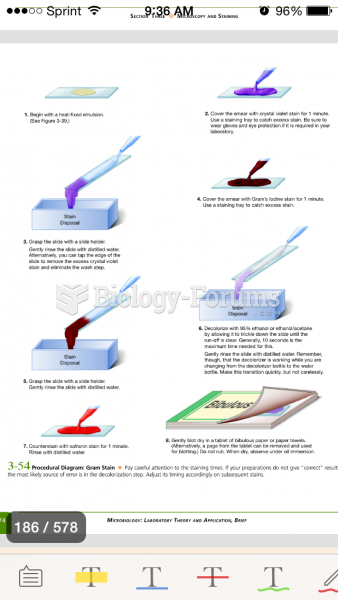The home care nurse is visiting a patient who was discharged to home after a procedure at an ambulatory surgical center.
The patient lives alone in a senior retirement community. The nurse's assessment docu-ments mild dysphasia. The patient repeatedly asks, Why is there a bandage on my arm? and is not able to state the appropriate day and year. Appropriate planning for the patient should include:
a. Assessing diet and meal preparation, assessing environment for safety problems, referral to a dementia program
b. Attending English class to improve speech, transferring finances to a conservator, employing an aide to help with medications
c. Arranging Meals on Wheels, attending speech therapy, relocation to a skilled nursing facility if no improvement in 1 month
d. Arranging an appointment at a geriatric assessment program, OT referral for swallowing therapy, teaching to manage public transportation
Question 2
Which of the following should the nurse use as a basis for explaining the etiology of Alzheimer's disease to the family of a patient with this disease?
a. It is a secondary dementia indicated by loss of recent memory and disorientation to time and place.
b. It is a primary dementia that is incurable, irreversible, and fatal. It is caused by the presence of a beta-amyloid protein in the neurons resulting in senile plaques.
c. It is a secondary dementia that is treatable with analysis of the diet and removal of toxic substances from the diet and environment.
d. It is a primary dementia characterized by stepwise decreases in cognitive abilities. It is irreversible but treatable with antihypertensive medications.







